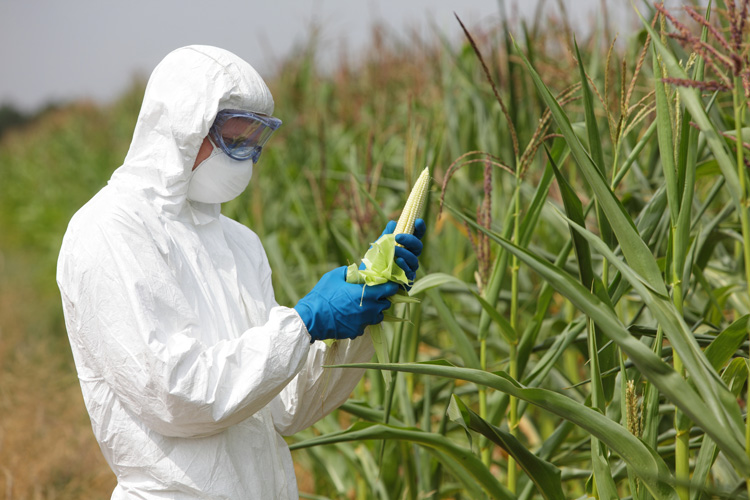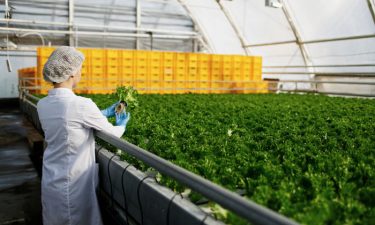What are the implications of GM on UK agriculture?
Posted: 2 September 2019 | Sam Mehmet (New Food) | No comments yet
The UK government is being urged to consider the wider implications before supporting the introduction of genetically modified food (GM) to UK agriculture.


According to Roger Kerr, chief executive at OF&G (Organic Farmers & Growers), who certify more than 50 percent of UK organic land, the use of genetically modified food (GM) could result in UK farm businesses becoming less profitable.
“A recent Twitter poll suggested 77 percent of farmers would want to use GM technology if it was available,” said Kerr. “And a large proportion of farmers see many benefits to GM, including increased resistance to pests and diseases, and drought resistance in the face of climate change.”
However, he further detailed how a survey at Countryfile Live revealed that many consumers are against the introduction of GM which puts UK agriculture at odds with a significant proportion of its own consumers.
Not only are there contrasting opinions, but Kerr added that there are also economic and scientific concerns to consider. “The economic issues with GM relate to scale and market access. If UK agriculture adopts GM then farmers will find they have to bring their costs of production in line with GM producers in the USA and China.”
UK agricultural output is equivalent to just a tenth of the USA’s and two percent of Chinese agricultural output, according to research from Worldbank Open Data. Kerr also noted that further competition in global markets will be introduced by Brexit as some of the largest agricultural operations in the world enter into the UK market.
“Some EU markets may be closed to GM products, so assuming a trade deal can be agreed, these higher margin opportunities will be closed to UK producers,” Kerr added.
Kerr described how, as GM is increasing, UK agriculture could eventually be considered as wholly GM as contamination is also increasing, with some cases being unavoidable. “This will have implications across the whole sector whether a farmer grows GM or not and will consequently create additional costs, not least with increased testing, impacting on producer returns.
“There’s a common fallacy that we need GM to produce more food so we can feed the growing world population, which is anticipated to be 9.7 billion by 2050. But around half the food we produce is currently wasted, so if policies were found to avoid waste, we could feed 9.7bn now.”
Kerr said that the scientific and subsequent environmental implications of GM also need to be considered. “Post-Second World War, farmers were sold the message of efficiency and productivity through using chemistry. But are farmers achieving better profits as a result? Farms have certainly become bigger but not because of the economics of production – remove financial support and many farms would not survive.
“With more than 40 percent of insect species at risk of extinction over the next few decades and 75-98 percent of insect biomass already lost worldwide, the impact of chemical inputs on pollinators and the rest of the ecosystem have been significant.


“Yet with GM, we’re considering introducing insect and fungal resistant crops where potentially harmful genes could enter wild populations. We must ask whether we fully understand the consequences of this both environmentally and economically. What will be the cost of additional field operations needed to dispose of plant residues resistant to breakdown? Ultimately GM will neither save money, benefit the environment or make life easier.
“In the short-term, the introduction of GM will probably increase demand for organic as a significant percentage of consumers seek GM-free food. But there are long-term economic and environmental implications that could be significant across the whole of the UK agricultural sector, which need full consideration and modelling ahead of any decisions made by Government,” concluded Kerr.









